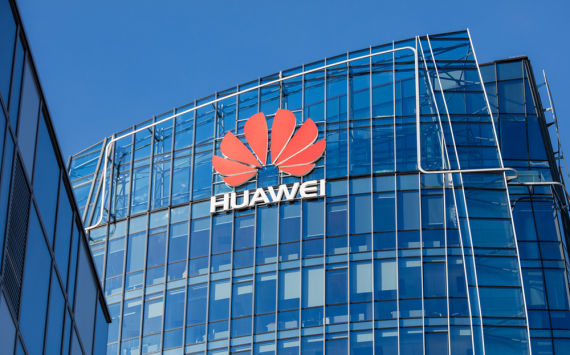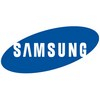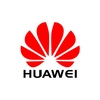
Fighting for a part of the market
Chinese competitors of Huawei Technologies as well as Xiaomi, Vivo and Oppo are trying to gain market share from a large company. After the tougher US sanctions have broken Huawei's supply chain.
Last week, Huawei said it sold its low-cost smartphone division, Honor, to save the brand from US sanctions.
However, competitors are ready to redesign the market for premium and middle class smartphones. One of Huawei's executives said this summer that the company will not be able to produce its flagship processors, which run the mobile phones of its leading brands.
The U.S. Presidential Administration, Donald Trump, announced in August that it would further tighten measures aimed at restricting chip shipments to Chinese company Huawei Technologies.
In the first half of the year, Huawei briefly took the lead in global smartphone manufacturing, overtaking Samsung until shipments fell 23%.
Huawei still had a 41.2% market share in 3Q, followed by Vivo at 18.4%, Oppo at 16.8% and Xiaomi at 12.6%.
Apple has a lower market share in China (6.2%) but is also attracting strong demand for its 5G iPhone 12, Canalys said.
Of all the competitors, it is aggressively increasing orders from Xiaomi's vendors by placing contracts for almost 100 million phones in the fourth quarter of this year and the first quarter of next year, Isaiah Research reports.
Huawei's orders for the same period fell by 55% to 42 million units.
Xiaomi is also trying to poach Huawei distributors in Southeast Asia and Europe, a source at Xiaomi told Reuters.
Five industry sources said that three Huawei competitors have dramatically increased part orders.
Huawei, Vivo, Oppo and Xiaomi declined to provide comments.
Analysts believe that the sale of the Honor brand may partially reflect the intrusion of competitors into the market, provided the division is able to resume deliveries of parts developed in the USA.













